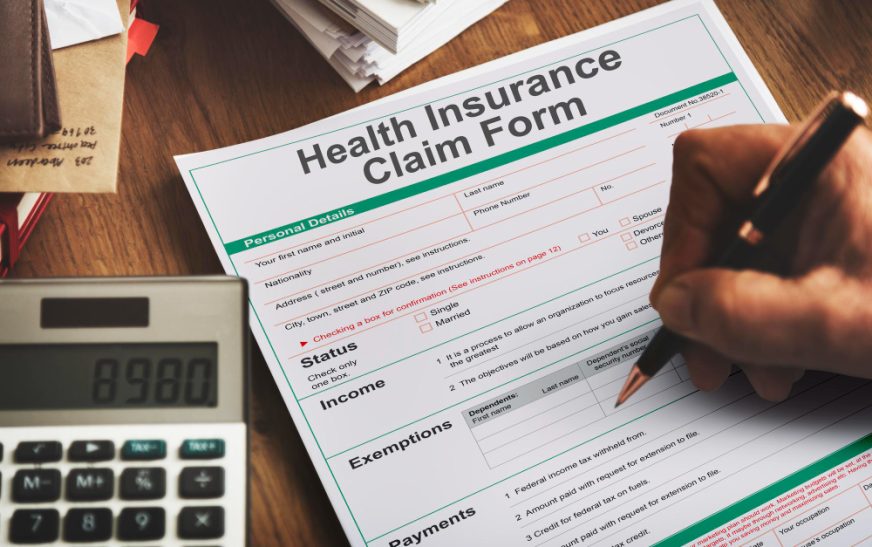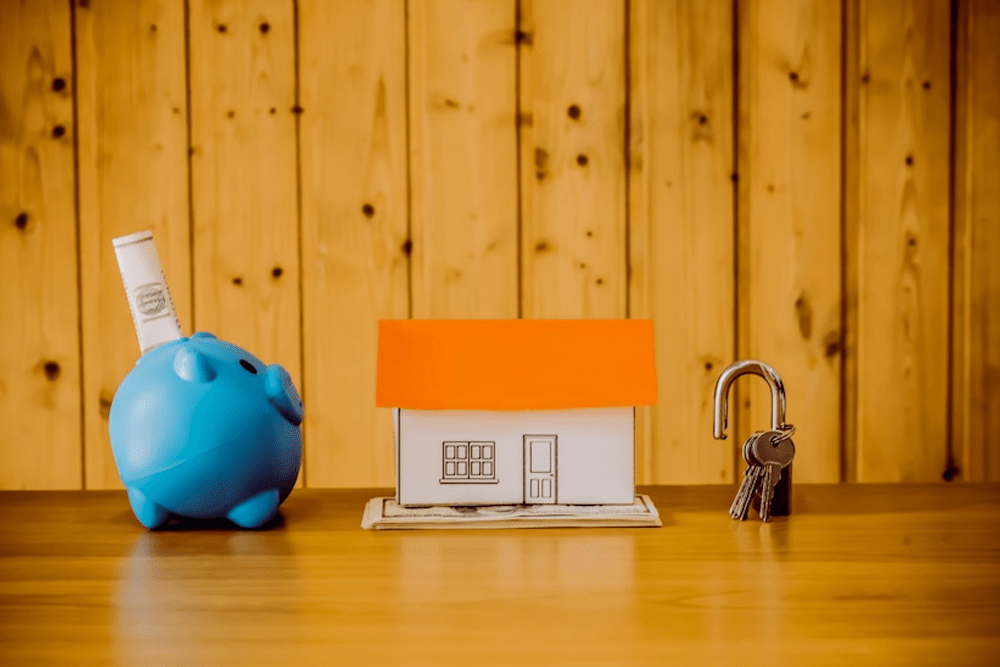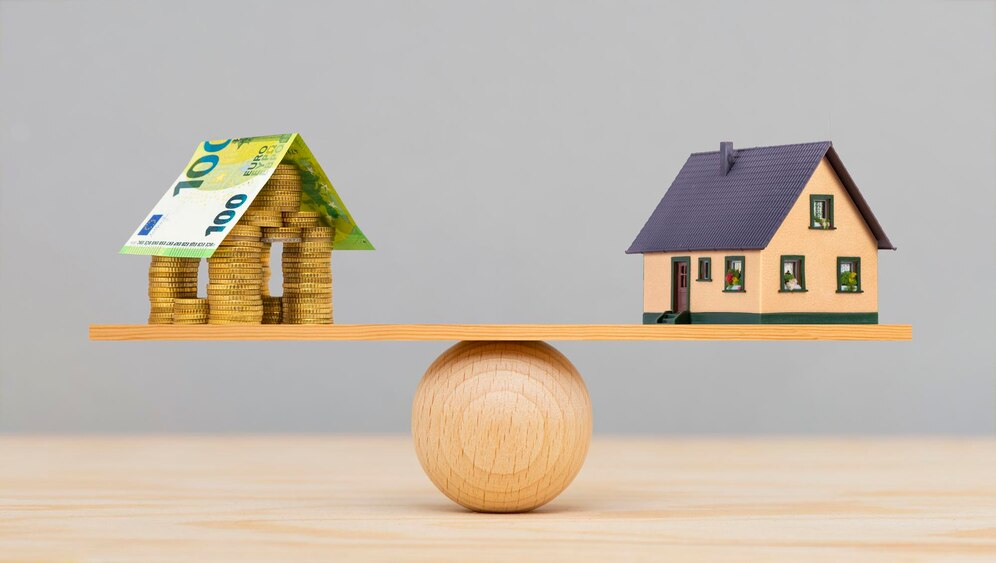Securing a home loan is a significant financial commitment, and finding the best mortgage rates can save you thousands of dollars over the life of your loan. While mortgage rates are influenced by various factors beyond your control, there are several insider tips and strategies you can use to unlock favorable rates and terms. In this guide, we’ll explore these home loan secrets to help you secure the best mortgage rates for your dream home.
Tips to Secure the Best Mortgage Rates
- Improve Your Credit Score
Your credit score plays a crucial role in determining the interest rate you’ll qualify for on your home loan. Lenders use your credit score to assess your creditworthiness and risk as a borrower. To improve your credit score and qualify for better mortgage rates:
- Pay your bills on time
- Reduce your credit card balances
- Avoid opening new credit accounts
- Check your credit report for errors and dispute inaccuracies
- Shop Around for the Best Rate
Don’t settle for the first mortgage offer you receive. Take the time to shop around and compare rates from multiple lenders to find the best deal. Different lenders may offer different rates and fees, so it’s essential to request quotes from at least three lenders and compare the terms carefully.
- Consider Different Loan Programs
Explore different types of mortgage loans to find the one that best suits your financial situation and goals. Common loan programs include conventional loans, FHA loans, VA loans, and USDA loans. Each program has its own eligibility requirements, down payment options, and interest rates, so be sure to research all your options.
- Opt for a Shorter Loan Term
Choosing a shorter loan term, such as a 15-year mortgage instead of a 30-year mortgage, can often result in lower interest rates. While your monthly payments may be higher with a shorter loan term, you’ll pay less interest over the life of the loan and build equity in your home faster.
- Make a Larger Down Payment
A larger down payment can lower your loan-to-value (LTV) ratio, which is the amount of your loan compared to the value of the property. A lower LTV ratio can result in a lower interest rate and may also eliminate the need for private mortgage insurance (PMI), which can add to your monthly payments.
- Pay Discount Points
Consider paying discount points upfront to buy down your interest rate. Each discount point typically costs 1% of the loan amount and can lower your interest rate by a certain percentage, usually 0.25%. While paying points requires an upfront investment, it can result in significant long-term savings if you plan to stay in the home for many years.
- Lock in Your Rate
Once you’ve found a favorable interest rate, consider locking it in to protect against potential rate increases while your loan application is processed. Mortgage rate locks typically last for 30 to 60 days, but longer lock periods may be available for an additional fee.
- Improve Your Debt-to-Income Ratio
Lenders also consider your debt-to-income (DTI) ratio when determining your mortgage rate. This ratio compares your monthly debt payments to your gross monthly income. To improve your DTI ratio and qualify for better rates, focus on paying down existing debts and avoiding taking on new debt before applying for a mortgage.
FAQs
- What factors determine mortgage rates?
Mortgage rates are influenced by various factors, including the overall economy, inflation rates, the Federal Reserve’s monetary policy, the housing market, and individual borrower factors such as credit score, loan amount, down payment, and loan term.
- How can I find the best mortgage rates?
To find the best mortgage rates, shop around and compare offers from multiple lenders. Consider factors such as interest rates, fees, loan terms, and customer service reputation when evaluating lenders.
- Should I choose a fixed-rate or adjustable-rate mortgage?
The choice between a fixed-rate and adjustable-rate mortgage depends on your financial situation and risk tolerance. A fixed-rate mortgage offers stable monthly payments for the entire loan term, while an adjustable-rate mortgage may offer lower initial rates but can adjust over time, potentially increasing your payments.
- Can I negotiate mortgage rates with lenders?
Yes, you can negotiate mortgage rates with lenders to some extent. Be prepared to provide documentation of your creditworthiness and financial stability to support your negotiation efforts. Additionally, consider using competing offers from other lenders as leverage to negotiate better terms.
- What is mortgage rate lock?
A mortgage rate lock is a commitment from a lender to honor a specific interest rate for a specified period, typically 30 to 60 days. Rate locks protect borrowers from potential rate increases while their loan application is processed. However, rate locks may come with fees and expiration dates, so it’s essential to understand the terms before locking in a rate.
- Can I refinance to get a lower mortgage rate?
Yes, homeowners have the option to refinance their existing mortgage to take advantage of lower interest rates. Refinancing involves replacing your current mortgage with a new loan with more favorable terms. However, refinancing comes with closing costs and other fees, so it’s essential to weigh the potential savings against the costs of refinancing.
- How much of a down payment do I need to qualify for the best rates?
The amount of down payment required to qualify for the best rates depends on the type of loan you’re applying for and other factors. Conventional loans typically require a down payment of 3% to 20% of the purchase price, while government-backed loans like FHA loans may require as little as 3.5% down. Making a larger down payment can often result in better rates and terms.
- What should I do if mortgage rates drop after I’ve locked in a rate?
If mortgage rates drop after you’ve locked in a rate, contact your lender to inquire about renegotiating your rate lock or exploring other options. Some lenders offer float-down provisions that allow borrowers to take advantage of lower rates if they become available before closing. However, be aware that there may be fees or restrictions associated with changing your rate lock.
Conclusion
Securing the best mortgage rates requires careful planning, research, and attention to detail. By following these insider tips and strategies, you can unlock the secrets to securing favorable rates and terms on your home loan. Remember to work with a reputable lender and consult with a mortgage professional to explore all your options and make informed decisions based on your unique financial situation and goals. With the right approach, you’ll be well on your way to achieving your dream of homeownership with a mortgage that fits your budget and lifestyle.


















